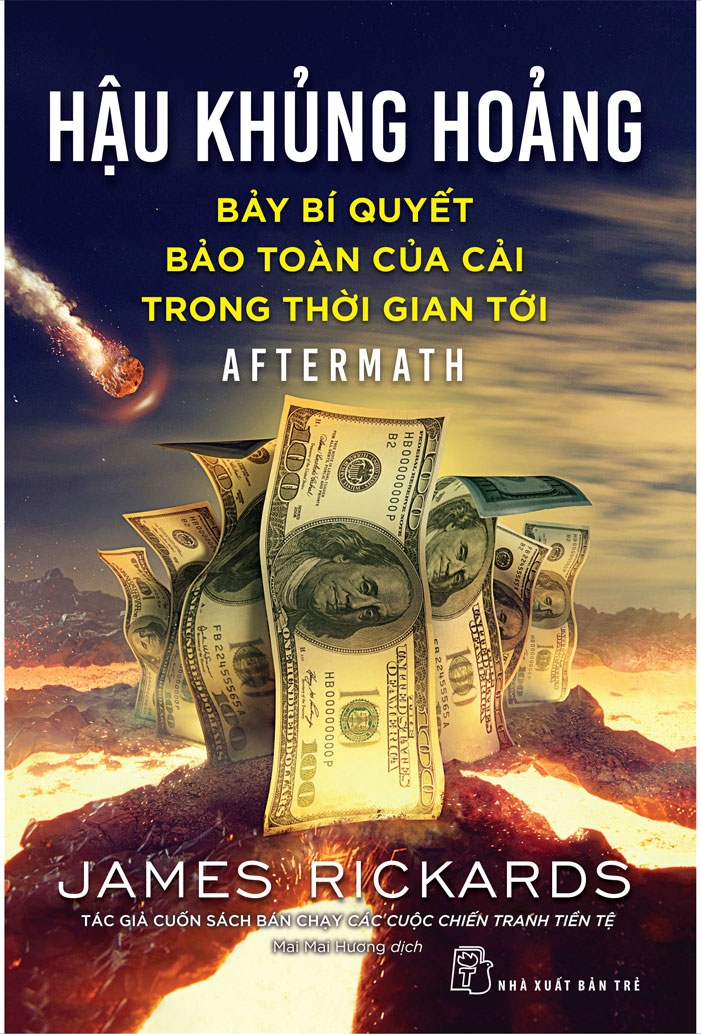What do you think?
Rate this book


405 pages, Paperback
Published January 1, 2021
"It appears to have been the common practice of antiquity to make provision, during peace, for the necessities of war, and to hoard up treasures beforehand as the instruments either of conquest or defence; without trusting to extraordinary impositions, much less to borrowing, in times of disorder and confusion. . . . We have always found, where a government has mortgaged all its revenues, that it necessarily sinks into a state of languor, inactivity, and impotence." —David Hume, “Of Public Credit” (1752)
"The larger problem is that whatever Ariely’s leanings, not all experts in behavioral psychology are as scrupulous as he. Some choice architects are mercenaries—guns for hire—who work for Big Tobacco or big banks in ways detrimental to the physical or financial health of everyday citizens. Other experts are pure ideologues, out to prevail for a particular cause without regard to money, ethics, or other constraints. There’s nothing new in this. Joseph Goebbels and Leni Riefenstahl used radio and film to make Hitler appear charismatic on the one hand, and a warm friend to children and pets on the other. What is new is the project’s global reach and the relatively low distribution costs compared with traditional media. When manipulative content is combined with data mining, microtargeting, and digital platform distribution, the effect on behavior is forceful and pervasive."